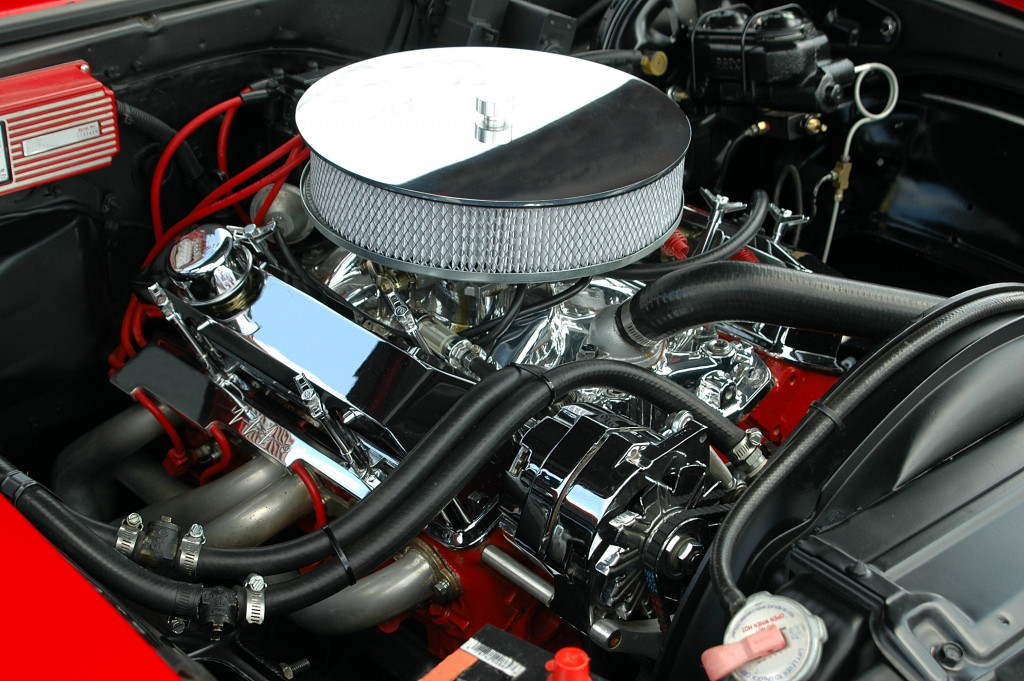When it comes to running a car, the engine plays a crucial role. It is the part or component that converts the energy into power and makes the vehicle move.
There are two types of engines: diesel and gasoline. The diesel engine works by burning fuel inside using high compression to ignite the mixture in the cylinder. On the other hand, a gasoline engine utilizes a spark plug or an electric current to ignite the fuel mixture.
It’s crucial, however, to take care of your car engine. There are a few maintenance tips you must keep in mind. With these in place, you can ensure your vehicle’s performance, efficiency, longevity, and safety.
Here’s how to take care of your vehicle engine:
1. Use the right fuel
As mentioned above, there are two basic types of engines used in a vehicle. For this reason, you must ensure using the right fuel for your engine type. If you have a diesel engine, it makes sense to utilize a diesel fuel—or the other way around. Sure, you can fill in diesel fuel in a gasoline engine. However, doing so leads to all sorts of issues. For instance, it may build up a clog in your filter and cause damages to your vehicle’s pump.
2. Check your fluid levels regularly
It’s crucial to check your car engine’s fluid levels now and then. While at it, be sure to examine the coolant or antifreeze level in the radiator. Also, make sure you have enough power steering fluid and brake fluid in your engine system. If you run out of one of these fluids, you’ll have a problem with starting your vehicle. It’s especially true if your engine is cold, causing a lot of pressure in the system.
3. Change your oil regularly
It’s no secret how crucial the oil is in your vehicle. It’s one thing you must not disregard, as having no oil change can ruin your engine right away. Be sure to replace the oil every three months to avoid wear and tear. In fact, it’s best to top it off every month to keep it running for as long as possible.

4. Check the oil filter
It’s one thing to change the oil; it’s another to ensure the cleanliness of your oil. As much as possible, you must ensure it’s free of any debris. That’s where an oil filter comes into the picture. As the name suggests, this small component filters any debris from the oil to keep it clean and clear. Without it, your engine may end up clogged, and this will stop your vehicle from running. So after installing the oil filter, be sure to examine it and keep it clean.
5. Have a diagnostic test
It’s crucial to have a diagnostic test of your engine once in a while. Do so if and when you notice some minor issues. However, don’t wait for extensive damages for you to get your engine repaired. Keep in mind that a diagnostic test allows the experts to inspect the actual condition of your car. They will check for clogs in your filter and damages to some engine parts. Ultimately, early diagnosis can prevent significant problems and costly repairs.
6. Get an engine repair
It makes sense to visit a diesel repair shop as soon as you encounter some problems. Chances are, your engine no longer works and your vehicle is no longer running. When this happens, you have no choice but to let the experts handle your car. They will get to the bottom of the problem and fix any damaged part or component. Ultimately, they will ensure that your engine will be in top shape and working condition. That way, your vehicle can get back to hitting the road.
7. Add fuel stabilizer
As discussed above, your engine will lead to all sorts of problems if it runs low on fuel and it has a clogged filter. While ensuring fresh fuel in your tank and replacing a clean filter help, adding a stabilizer can make a world of difference. As the name implies, it provides a protective layer for the fuel in your gas tank. Know that it’s best to do so before putting it into storage.
At this point, you now know how to take care of your vehicle. Be sure to consider the maintenance tips recommended above, from using the right fuel down to adding a fuel stabilizer. With all these in mind, your engine will run smoothly and safely all the time. Ultimately, you can foster the overall efficiency, longevity, and safety of your vehicle.
